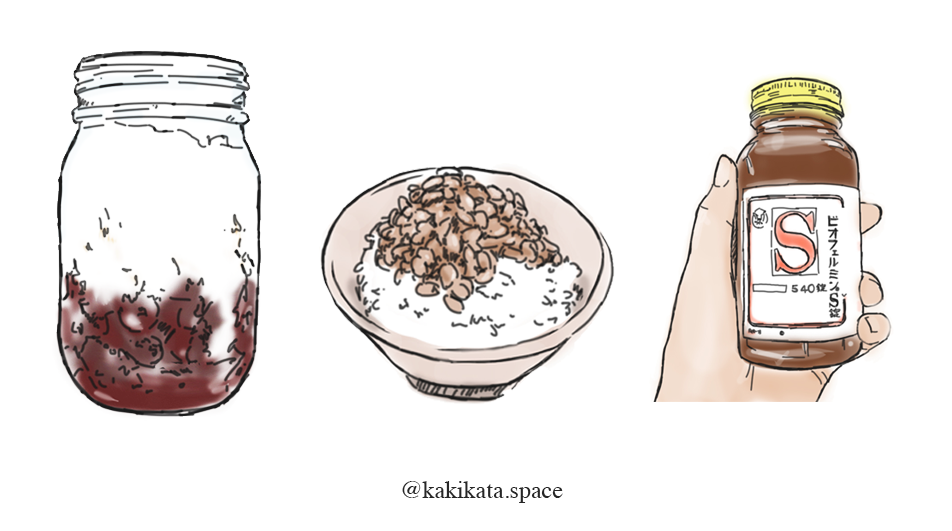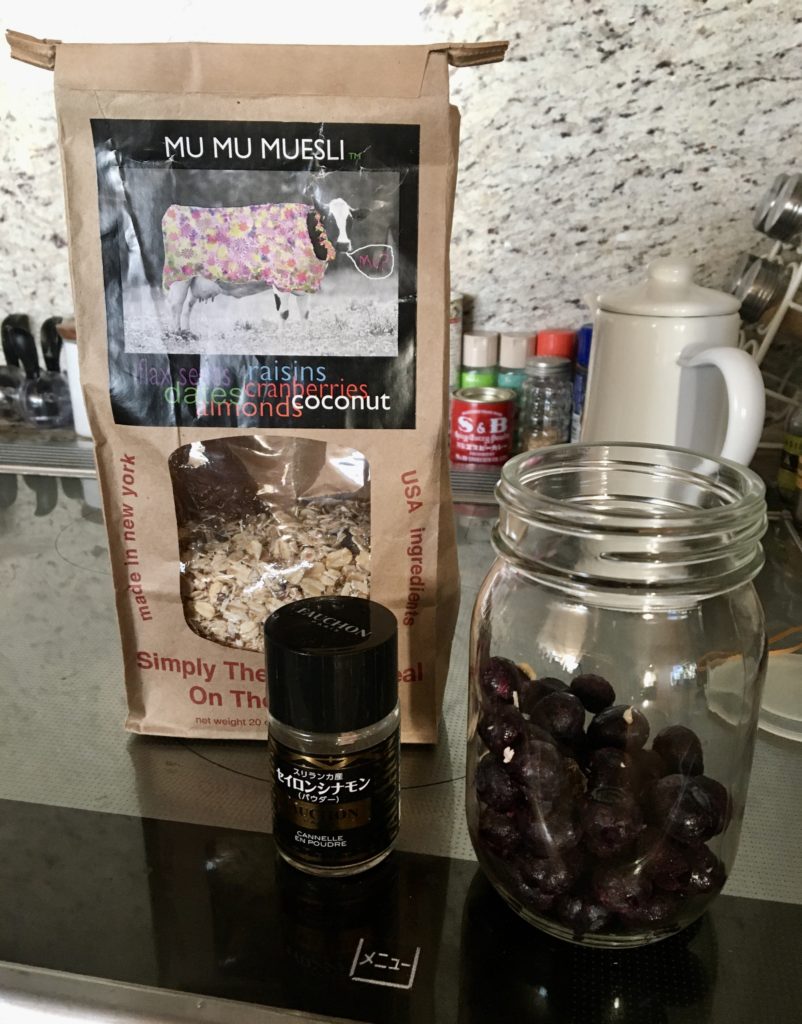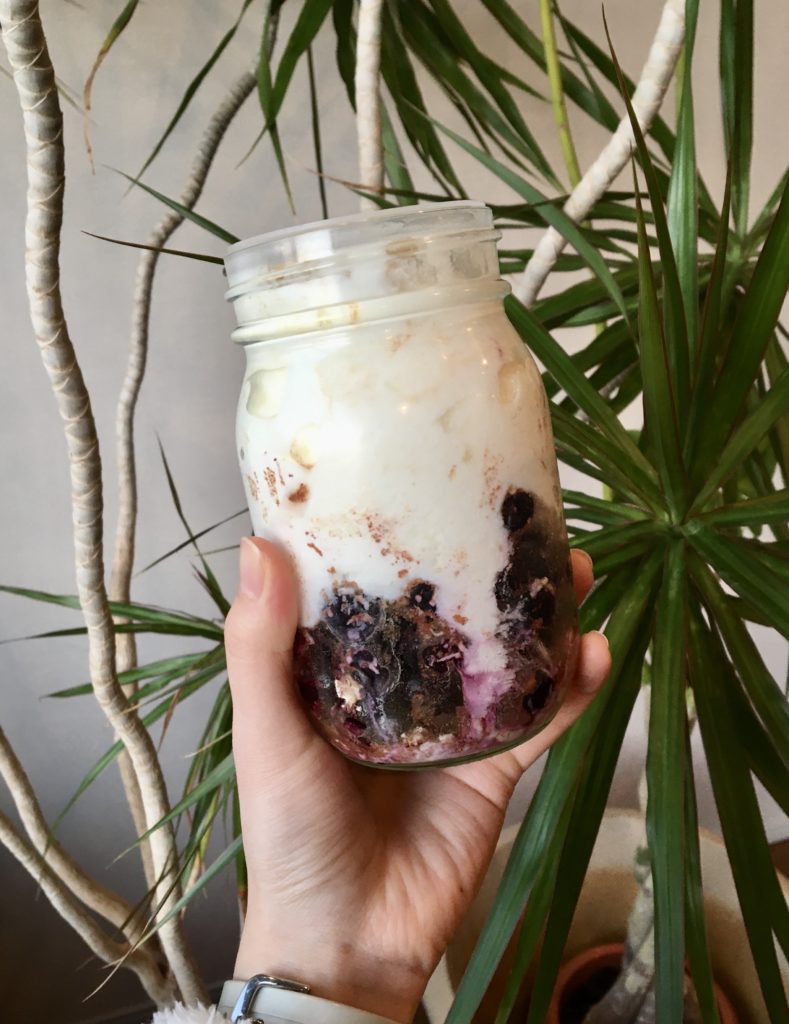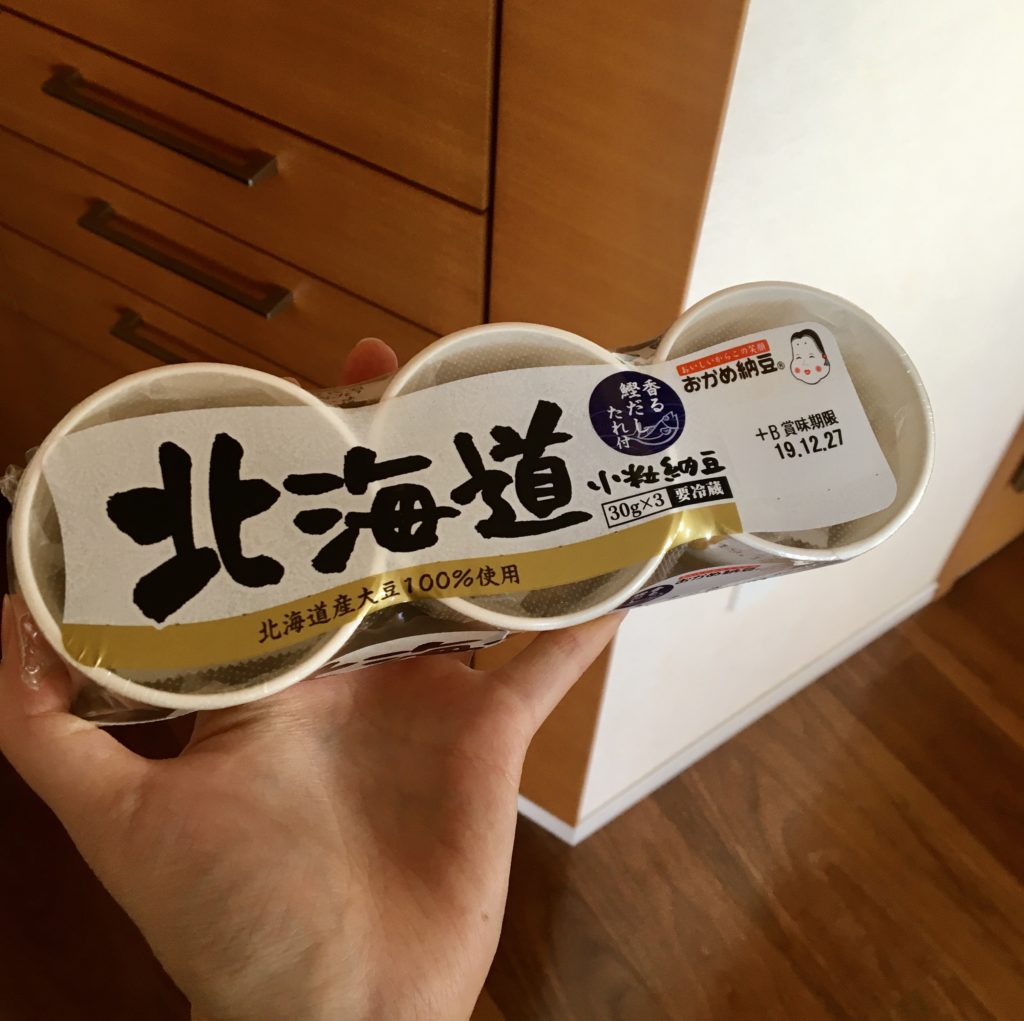
It was around noon and I was eating lunch with friends at a new chic-trendy cafe: Glass panel walls, lots of plants, and a natural sunlight which made the place feel incredibly spacious. The room smelled like brunch; of earthy coffee, of faint just-toasted bagels, of cheesy eggs and butter. It would usually be an ideal location to catch up with friends– busy, but relaxed enough that you could comfortably stay for a few hours.
But I couldn’t focus on the food and I couldn’t focus on the conversation. My eyelids heavy, I was actually feeling incredibly tired, but that wasn’t it. No, I was too busy paying attention to the dull pressure on my lower abdomen, threatening to develop into something worse.

“Excuse me, sorry, I’m just going to head to the bathroom.”
The struggles of jet lag.
Looking After My Gut Health
My unique standing as someone who is based both in the United States and Japan means that I need to make a grueling 13-hour flight between the two countries frequently. No matter how many times I do this trip, the physical stress international travel puts on my body is incredibly taxing.
If you’re a frequent long distance flyer, you probably sympathize with the strains that come with travel– it doesn’t matter if you’ve traveled in first class or economy, we all have to deal with that post-travel headache. Waking up at odd hours, the intense onset of fatigue in the middle of the afternoon, and the chronic “brain fog” that overshadows the day. The process of shifting our sleep cycle into the correct time zone is, quite simply, awful.

To add onto our messed up sleep cycles, there’s the stress that jet lag puts on our gut. Because our stomach has a routine too! While we don’t often talk about it, our bodies are put under extra stress when they’re forced to adjust to a new digestive cycle. We’re starving in the middle of the night, force ourselves to eat dinner when we’re not hungry at all, and push our bodies to go into digestive mode when really, it’s trying to prepare itself for sleep.
Too many times I’ve put myself in uncomfortable situations and found myself bent over in the bathroom, trying to coax my stomach ache into ease. Only recently have I developed a system to combat this, a probiotic ritual to help my gut adjust to a new digestive cycle. In conjunction with a routine to stabilize my sleep as quickly and naturally as possible, my strategy to adjust my digestion includes a week-long commitment to a probiotic-rich diet that includes full-fat plain yogurt, natto (fermented soybean), and biofermin tablets every day.
Yogurt-Based Breakfast
I start off my morning with a yogurt-based breakfast: Muesli, frozen blueberries, and cinnamon “soaked” overnight in plain yogurt. Soaking grains helps to increase the bioavailability of nutrients because like any other organism, plants have a system to help defend itself from predators– in this case, a chemical weapon known as an “anti-nutrient”.

When we consume ungerminated plant foods like grains, nuts, or seeds, we are also consuming these anti-nutrients; examples include phytic acid, lectins, and other enzyme inhibitors. In high quantities, these anti-nutrients can be harmful: for example, phytic acid binds itself to nutrients like phosphorus, magnesium, iron and zinc in the digestive process and inhibits absorption, leading to nutritional deficiencies (Schlemmer, Frølich, Prieto, & Grases 2009).
But by properly preparing these grains or seeds, we are able to neutralize most of these anti-nutrients, one method being soaking. This is why I always prepare my muesli in yogurt the night before, to give the oats, seeds, and nuts some time to break down in the soaking process (Nutritional Therapy Association Inc. 2019).

I use Meiji’s Bulgaria Yogurt LB81 because it contains zero artificial additives like sugar or flavors, and they strictly control the ratio of lactobacilli used, bulgaricus and thermophilus. Their yogurt guarantees a bulgaricus count of more than 1 billion per 100 grams (3.5 oz) and a thermophilus count above 10 billion per 100 grams (Meiji Holdings Co., Ltd).
Lactobacillus are naturally-occuring bacteria that normally live in our digestive systems, and they have been shown to improve our gastrointestinal function. Some studies show that they enhance our immune and anti-inflammatory responses, and there is some evidence for improved weight management with their consumption (Kok & Hutkins 2018). Lactobacillus capsules are often used to treat diarrhea or ease symptoms of digestive diseases like irritable bowel syndrome, but for jet lag purposes, a serving of yogurt in the morning is plenty to aid digestion.
Natto For Snacking
I also eat a small cup of natto, or fermented soybeans, twice a day. I usually consume it as a snack, or as a topping on rice during meals at home. I like to buy a variety that uses 100% Hokkaido-based soybeans, non-GMO.

Natto is made using Bacillus subtilis natto, a specific strain of bacillus subtilis. It works as a probiotic, by helping aid the growth of existing intestinal lactobacilli which improve digestion (Horie, Koike, Sugino, Umeno, & Yoshida 2018; Hosoi, Ametani, Kiuchi, & Kaminogawa 2000). Natto is sticky, pungent, and doesn’t look all that appetizing, but that umami-rich flavor makes it worth looking past those qualities. A controversial food even in Japan, I personally find natto to be one of the most delicious yet simple toppings you can add into your diet.
Biofermin Tablets Post-Meals
While I’m usually skeptical of manufactured supplements in aiding our health, when dealing with modern problems like jet lag, I find it helpful to use supplements to give the necessary aid my body needs. There are some things that food can’t solve alone.
After every meal, I take 3 biofermin tablets. Biofermin includes bifidobacterium, an active bacterium that helps to normalize the intestinal environment and restore gut flora balance. Similar to how lactobacillus or bacillus subtilis aids digestion, bifidobacterium are probiotics that naturally live in our intestinal tract, and the tablets help ensure that I have enough of them in my digestive system.
Mitigating the Stress on My Gut
Our gut has a digestive cycle that when out of balance will cause stress on our organs, so it’s important to make sure we ease our digestive system into its new routine when we travel internationally. No longer do I allow my stomach to suffer, but I aid its digestion using a commitment to a probiotic-rich one week ritual which helps to reregulate my digestive system, so I can avoid bloating, constipation, and other uncomfortable gastrointestinal difficulties. While we can’t always avoid travel, paired with a commitment to stabilize sleep as quickly and naturally as possible, we can mitigate the stress we put on our bodies so we can both live and work at our optimal levels.

If you found this interesting, useful, or would like to know more about these ingredients and how to consume them, send me a message at kokumura@kakikata.space! As always, I read and respond to every message I get!
Kind regards,
Kaki
Sources:
- Nutritional Therapy Association, Inc. (2019). Soaking and Sprouting Guide [PDF file]. Retrieved from https://nutritionaltherapy.com/wp-content/uploads/2018/05/Soaking__Sprouting_Guide.pdf
- Meiji Holdings Co., Ltd., Case Study: Meiji Bulgaria Yogurt, Retrieved from https://www.meiji.com/global/about-us/quality/food-and-nutrition/quality-initiatives/meiji-bulgaria-yogurt/
- Kok, Car Reen & Hutkins, Robert (2018), Yogurt and other fermented foods as sources of health-promoting bacteria, Nutrition Reviews, Volume 76, Issue Supplement_1, December 2018, Pages 4–15, https://doi.org/10.1093/nutrit/nuy056
- Horie, M., Koike, T., Sugino, S., Umeno, A., & Yoshida, Y. (2018), Evaluation of probiotic and prebiotic-like effects of Bacillus subtilis BN on growth of lactobacilli, The Journal of General and Applied Microbiology, 2018, Volume 64, Issue 1, Pages 26-33, Released March 27, 2018, [Advance publication] Released December 08, 2017, Online ISSN 1349-8037, Print ISSN 0022-1260, https://doi.org/10.2323/jgam.2017.03.002
- Hosoi, T., Ametani, A., Kiuchi, K., & Kaminogawa, S. (2000). Improved growth and viability of Lactobacilli in the presence of Bacillus subtilis (natto), catalase, or subtilisin. Canadian journal of microbiology. 46. 892-7. 10.1139/w00-070
- Schlemmer, U., Frølich, W., Prieto, R. M., & Grases, F. (2009). Phytate in foods and significance for humans: Food sources, intake, processing, bioavailability, protective role and analysis. Retrieved from https://www.ncbi.nlm.nih.gov/pubmed/19774556